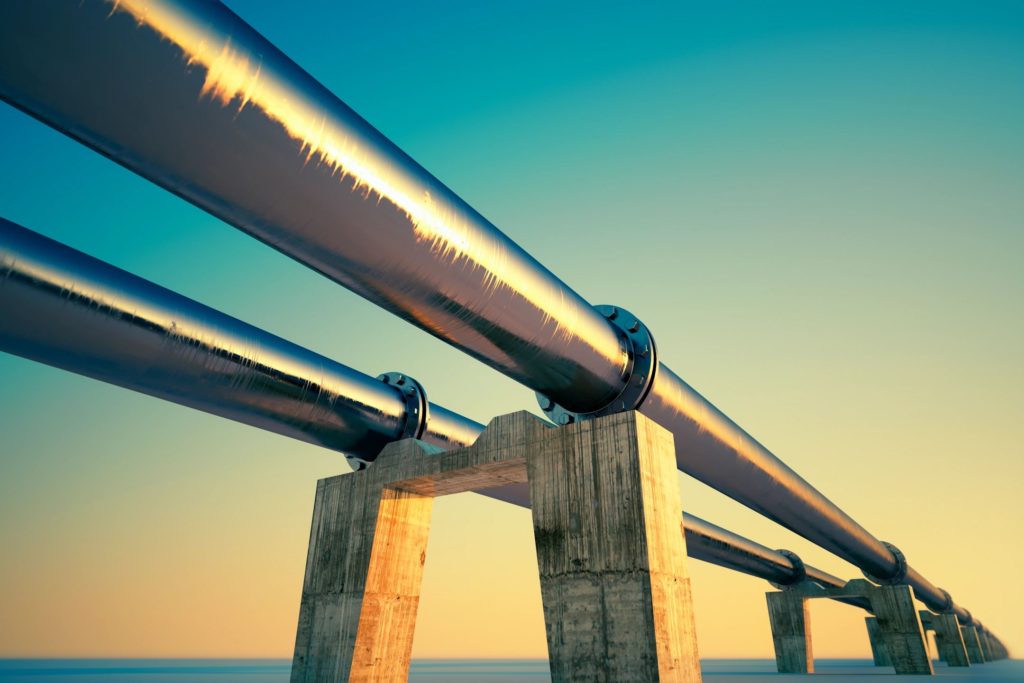
Blog: Pennsylvania Marcellus Shale Tax
Last month, the Pennsylvania state Senate voted in favor of a massive tax increase as part of a plan to close the state’s $2 billion budget gap. The 26-24 vote will result in a tax hike of 571.5 million across the state, affecting over half of households in the form of increased heating bills. While the tax hike will be a great revenue raiser for the government, small businesses will face an uphill battle in the form of fewer jobs, and the suppression of the state’s newest and most vibrant revenue stream. The vast majority of the tax hike is targeted at the state’s booming natural gas industry. The nation’s largest natural gas field, the Marcellus Shale, is located in Pennsylvania. The new severance tax will raise an estimated $100 million each year with an effective tax rate for 2017-18 of 2 cents per thousand cubic feet of natural gas. The state’s natural gas industry has been a target of Pennsylvania Governor Tom Wolf throughout his tenure as Governor. In February, he proposed a 6.5 percent tax on the value of the production. In 2015, he had proposed a 5 percent production tax, plus 4.7 cents per thousand cubic feet. Despite the fact that Governor Wolf has been forced to settle for roughly half of his desired tax rate, there are still significant problems with targeting the natural gas industry. The severance tax is far from the steady revenue source needed to reduce the deficit. The natural gas industry is cyclical with periods of robust growth and decline. No one knows how long the state can depend on revenue from the Marcellus Shale developers. Supporters of the tax have pointed to the fact that Texas also levies a similar tariff on their natural gas. However, as Elizabeth Stelle from the Commonwealth Foundation points out,
“If Texas is really the model to follow, then any severance tax proposal should also include eliminating the corporate income tax, eliminating the personal income tax and streamlining Pennsylvania’s regulatory regime. Sadly, that’s not the type of severance tax the governor and lawmakers want. Their idea is to raise the special tax charged to drillers—now called an “impact fee”—when the industry is already struggling with year-long permit delays for permits that do not even exist across the border in Ohio, ongoing litigation to build critical infrastructure, and the highest effective corporate tax rate in America.”
With Pennsylvanians already paying increased taxes and regulatory costs, it’s unfair to levy an additional burden on energy producers. Onerous government-imposed tariffs exist outside the free market, and not only distort the cost of labor, but tangible goods as well. Instead of clobbering hard-working Pennsylvanians with yet another tax increase, we encourage Governor Wolf to leverage the Marcellus Shale for greater investment that will create jobs.

